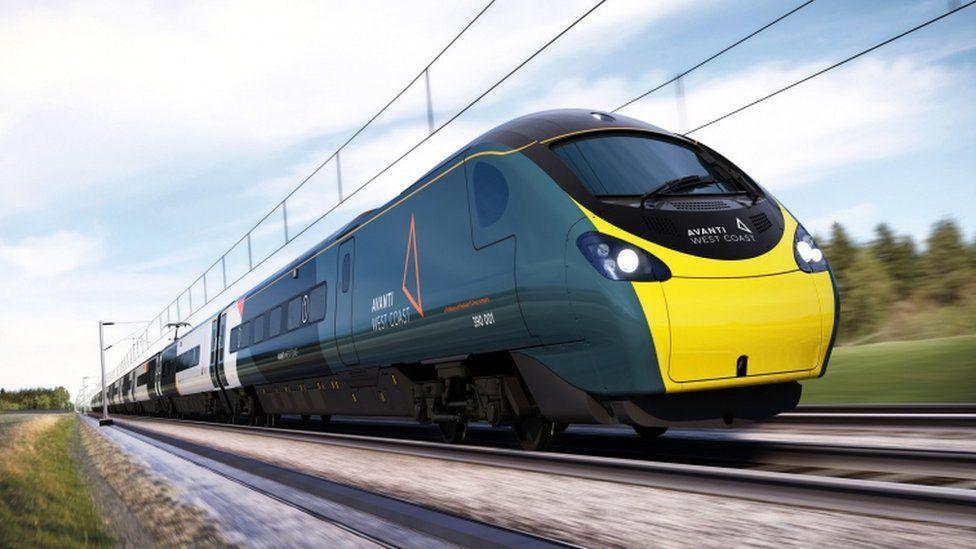New rail service plan to plug HS2 scrappage gap
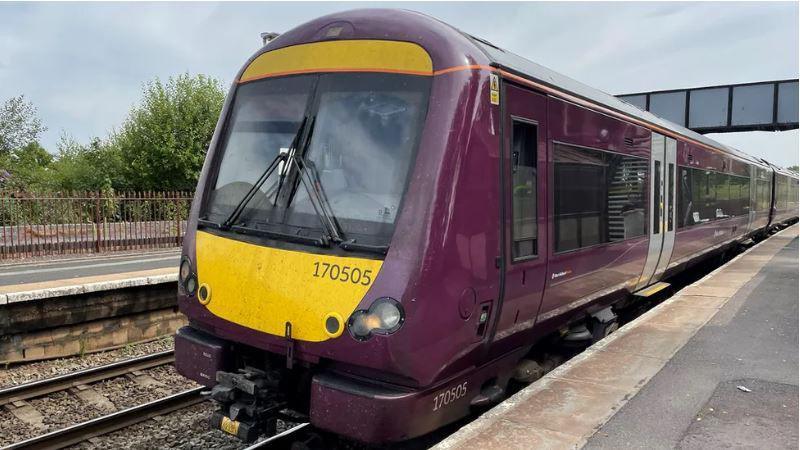
London Northwestern Railway intends to intends to formally submit its plans to the Office of Rail and Road later this year.
- Published
Plans for a new rail service between London and Manchester, after the northern leg of HS2 was scrapped, have been announced.
London Northwestern Railway is hoping to extend its existing service - which runs from the capital to Crewe - to Manchester Victoria via the West Midlands.
Proposals set to be submitted by the operator see the use of the same track space on the West Coast Main Line that Virgin Trains and Lumo have announced open access bids for.
A decision on which services can be launched will be made by the Department for Transport and regulator the Office of Rail and Road (ORR).
'Increase connectivity'
If London Northwestern Railway's application is approved, new direct links from Rugeley, Lichfield, Tamworth and Atherstone in the West Midlands to Manchester city centre and Warrington would be introduced from summer 2026.
"This proposal puts passengers at the heart of the railway and is the common sense solution to increase connectivity between the North West and the West Midlands following the cancellation of the northern leg of HS2," said Ian McConnell, managing director of London Northwestern Railway-owner West Midlands Trains.
"With platform space at Euston at a premium, the best way to provide new journey opportunities to Manchester is simply to extend existing services, rather than trying to squeeze more trains onto the congested West Coast Main Line."
The rail provider is also proposing to begin running trains to Manchester Airport by extending its existing service between Stafford and Crewe.
In October last year, Prime Minister Rishi Sunak cancelled the plan to extend HS2 between the West Midlands and Manchester amid spiralling costs.
Most train operators in England - including London Northwestern Railway - are paid a management fee, with the UK Government holding responsibility for costs and revenue.
Open access operators receive no taxpayer-funded subsidies and take on all revenue risk.
There are concerns that these services create additional strain on the rail network and take too much revenue away from conventional operators.
Follow BBC Birmingham on Facebook, external, X, external and Instagram. Send your story ideas to: newsonline.westmidlands@bbc.co.uk, external
Related topics
- Published20 February 2024
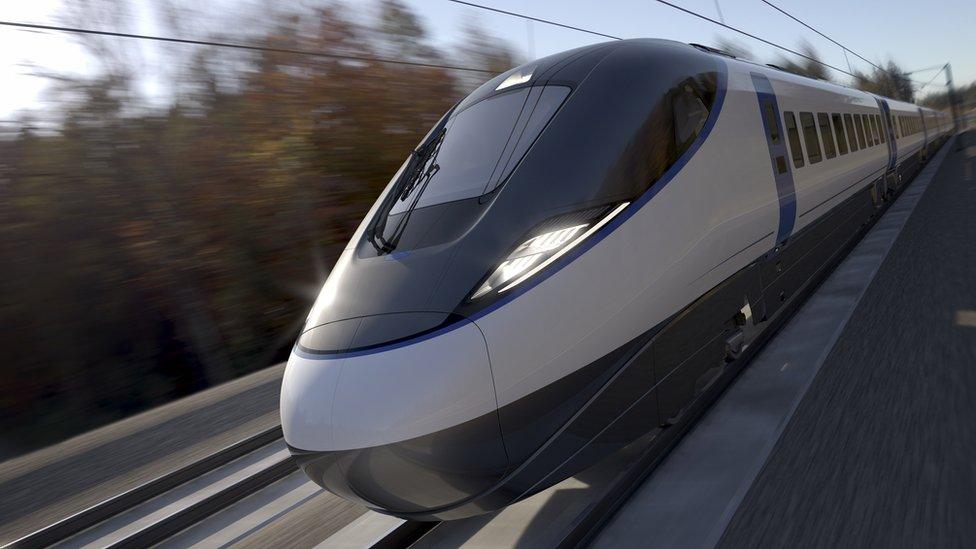
- Published4 October 2023
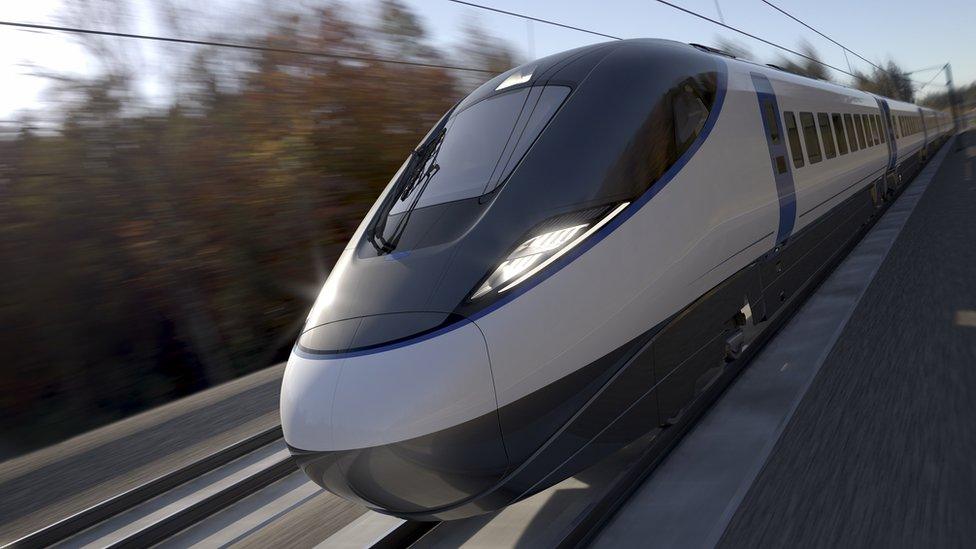
- Published17 July 2023
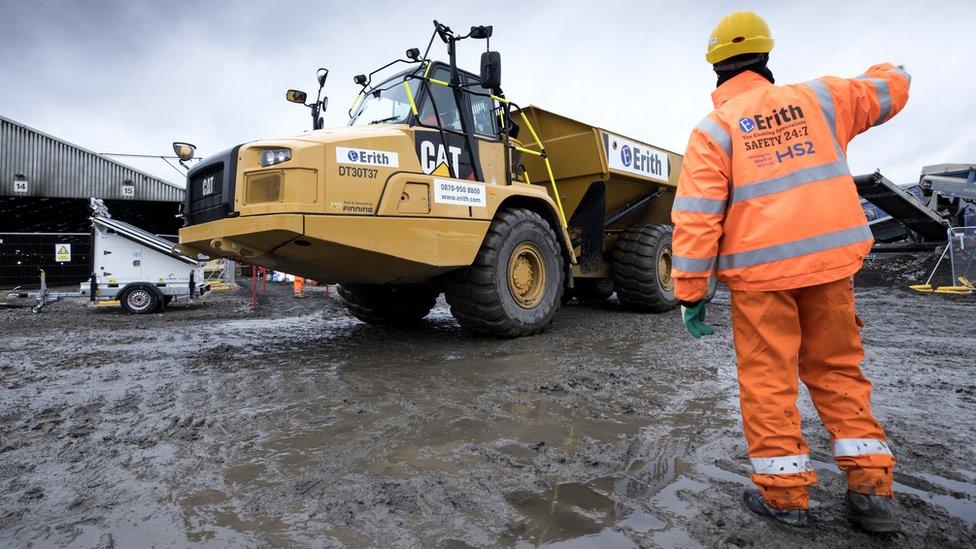
- Published7 February 2024
